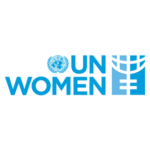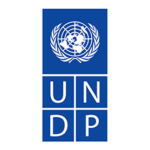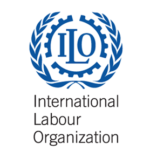
Synopsis:
In 1998, a pioneering initiative was launched in Bangladesh to develop an enterprise development manual specifically designed for non-literate entrepreneurs, with a primary focus on farmers. The project was part of the “Promotion of Private Sector” (PPS) Project – Component B, a part of the broader GTZ project aiming at the “Promotion of Micro and Cottage Industries.” The initiative was a collaborative effort led by Mr. Torsten Striepke and Shahnaz Kapadia Rahat, the CEO of Mera Maan, aimed at empowering non-literate individuals to actively participate in economic growth and enterprise development.Narrative of the Project Description:
Background:
The project addressed the significant challenges faced by non-literate entrepreneurs, particularly farmers, in accessing resources and developing successful business plans. Prior to this initiative, there were no tailored training programs catering specifically to non-literate individuals in the enterprise development domain. To fill this critical gap, the team embarked on creating an innovative and inclusive training methodology.Objectives:
– Develop a training manual and program, termed the “Special Training of Trainers” (ToT), that would enable non-literate entrepreneurs, particularly farmers.– Develop successful business plans and present them effectively to credit officers and institutions.









